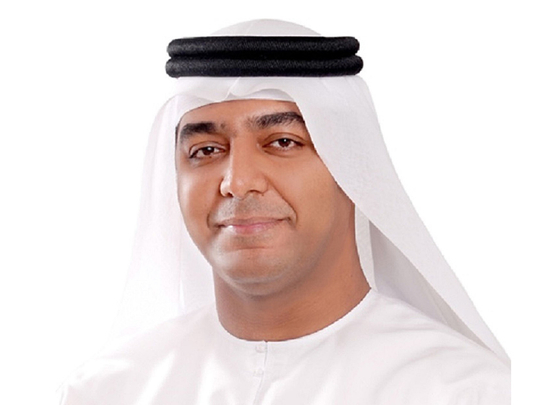
Abu Dhabi: Social neglect, a search for purpose and economic instability are some of the factors that lead individuals to join terrorist groups, experts in the capital said on Tuesday.
They were speaking at the Hedayah Centre to Counter Violent Extremism and United Nations Office on Drugs and Crime (UNODC) International Conference on Preventing and Countering Radicalisation and Violent Extremism, with a special focus on Foreign Terrorist Fighters, being held in Abu Dhabi from April 26-28.
“Terrorism needs to be tackled at its roots and combating it alone is insufficient,” said Mauro Miedico, UNODC Terrorism Prevention Branch Representative. “We need to seek prevention, especially since violent extremism is not rooted in any specific region, religion, nationality or ethnic group,” he said.
The experts, from across the world, agreed that a wholesome education system focusing on critical thinking, a stronger role for women in society and stronger familial and social ties may largely prevent radical ideas from influencing a vulnerable individual’s mind.
Maqsoud Kruze, executive director of the Hedayah Centre to Counter Violent Extremism, said, “The reasons people often join groups such as Daesh are simple — they look to belong, they want to feel a sense of purpose because their own societies are neglecting them,” he said.
“In fact, there isn’t [just one] reason that drives people to join extremist groups — it’s usually a number of factors that work together. More often than not, there are issues of identity being faced by terrorists and victims of radicalisation,” Kruze added.
Miedico highlighted a number of solutions that could be employed to prevent violent extremism. These include strengthening the rights and awareness roles played by victims and survivors of violent extremism, criminalising conduct and behaviour pertaining to extremism and being more vigilant in responding to radical online activity.
“The problem, however, is that sometimes the fight against extremist language and opinions might transgress into invading freedom of expression,” he said.
Kruze called for better management of prison systems which have become ‘incubators’ for violent extremism, he said.
Prison systems, Kruze told Gulf News, must work on deradicalising and actually rehabilitating prisoners through a number of means, including providing them with counselling and appealing to them in logical ways.
“Military and legal intervention is not enough any more — the issue of violent extremism is one involving social, economic, historic and psychological institutions. This is also why centres such as Hedayah focus on research and skill building to generate the expertise and knowledge required to combat this dangerous phenomenon,” he said.
Kruze said that parents must forge communicative relationships with their children in an open manner, enabling a dialogue between them and refraining from making youngsters feel afraid or limited in what they can converse about.
“Children need to be able to ask questions about things they’ve seen and read online, issues that they may have doubts about so that parents can detect and, hopefully, prevent any inclinations their children may have towards violence and extremism,” he added.












